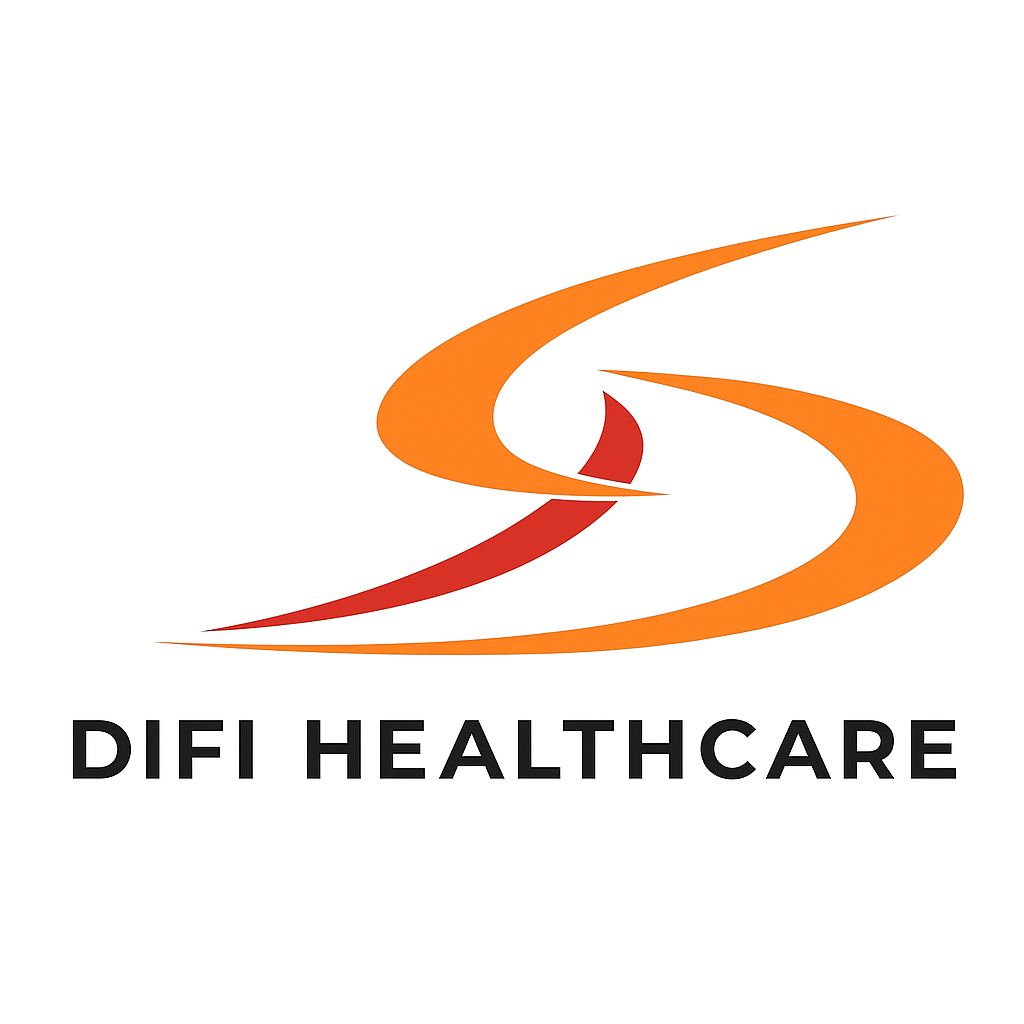Difi Healthcare Diagnostic Imaging Services
At Difi Healthcare, we are committed to providing comprehensive, accurate, and state-of-the-art diagnostic imaging services. Our advanced imaging techniques and dedicated team of specialists ensure that patients receive high-quality medical care, backed by precise results for better health outcomes. We specialize in a wide range of diagnostic scans; each designed to identify and monitor specific medical conditions. Our offerings include a variety of nuclear medicine scans and advanced imaging services, such as the DTPA Scan, DMSA Scan, DRCT Scan, HIDA Scan, GI Bleed Scan, Meckel’s Scan, GER Scan, Bone Scan, Stress Thallium Myocardial Perfusion Scan, MUGA Scan, Thyroid Scan, and Parathyroid Scan. These scans are vital tools for detecting, diagnosing, and managing a broad range of health conditions.
PET/CT scan
A PET/CT scan (Positron Emission Tomography–Computed Tomography) is a highly advanced imaging technique that combines two powerful technologies—PET scan and CT scan—to give doctors a clearer and more detailed view inside the body. Unlike traditional imaging methods like CT, ultrasound, or MRI, which only show the structure of organs, a PET/CT scan also highlights the energy consumption and activity of tissues and organs.
This dual capability helps doctors not only detect the exact location of abnormalities but also understand how active or aggressive they are. PET/CT scans are widely used in the diagnosis and monitoring of cancer, heart conditions, and brain disorders, making them an essential tool for accurate treatment planning.
f.a.q.

A PET/ CT check-up is an advanced medical imaging test that combines Positron Emission Tomography (PET) and reckoned Tomography (CT). This mongrel technology provides both structural and functional details of organs, making it largely effective for accurate opinion.
Doctors recommend PET/CT reviews for several reasons, including detecting cancer, determining how far it has spread, covering treatment response, and diagnosing certain heart and brain conditions.
You may need to gormandize for 4–6 hours before the check-up. Always inform your counsellor if you are diabetic, pregnant, or breastfeeding. Wear comfortable, essence-free apparel for convenience during the procedure.
Yes, PET/CT reviews are generally safe. The radioactive dick used is veritably minimal and naturally leaves your body within a short period, generally through urine or compost.
The entire procedure generally takes 2–3 hours, including medication, Dick immersion time, and the factual scanning process.
Your results are generally available within 24–48 hours after a specialist precisely reviews and interpret the images.
Yes, you can safely renew your daily routine right after the check-up. Drinking plenty of water is recommended, as it helps flush the dick out of your system more quickly.
